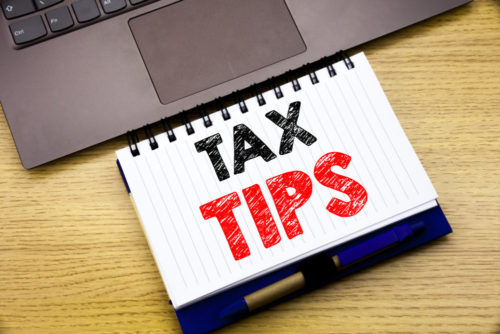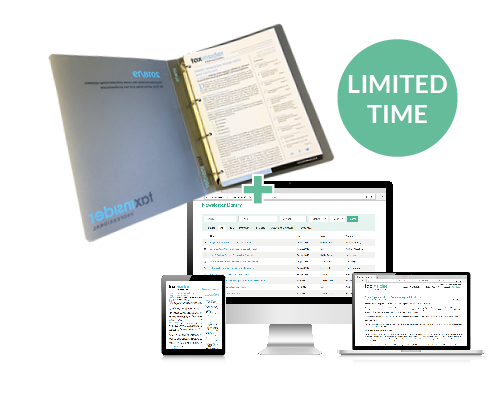5 minute read.
Employers can also pay a tax-free allowance to employees who give lifts to passengers for whom the journey is also a business journey.
The approved amount is found by the formula M x R
Read more…
5 minute read.
Employers can also pay a tax-free allowance to employees who give lifts to passengers for whom the journey is also a business journey.
The approved amount is found by the formula M x R
Read more…
4 minute read.
Liz Zitzow looks at the case of Anson v HMRC on the subject of US/UK tax.
It’s been a few years on since Anson v HMRC back on 1 July 2015. For those who don’t know or recall that case, here’s what happened: Mr Anson owned a limited liability company (LLC) which elected like most LLCs to treat itself as a partnership in the US.
The UK doesn’t recognise this and it results in double taxation despite our lovely US/UK income tax treaty. The tax paid by the individual on his partnership income in the US is not a deductible tax for the corporation’s tax return with HMRC and it’s not useful as a credit against his personal tax on the dividends since it’s for work, not dividends.
Read more…
Stay ahead of the crowd with the latest planning tips and news for accountants and tax professionals.
To celebrate our one year anniversary of the launch of Tax Insider Professional newsletter we’ve brought back our fantastic introductory offer:
Read more…
2 minute read.
PPC stands for pay-per-click, and is when advertisers pay each time someone clicks on an ad. While you might think that PPC is something that only larger firms with marketing teams would use, but smaller firms and sole practitioners can use PPC to compete with these larger firms.
Read more…
3 minute read.
Employers can also pay mileage allowance payments free of National Insurance contributions as long as the amount paid does not exceed the approved amount. The mileage allowance scheme for National Insurance purposes is similar to that applying for tax purposes (see Tip 7), but with one key difference – the rate for cars and vans is 45p per mile regardless of the number of business miles driven.
Read more…
2 minute read
Have a read of the best forum queries, news and articles on our partner website TaxationWeb.
Read more…
4 minute read.
There is a misconception that business cards are no longer relevant. After all, it’s now easier than ever to connect with clients in the digital realm, thanks to social media sites like LinkedIn. But business cards ARE still relevant.
A well-designed business card has one purpose in life: it creates the right impression when handed over at a business meeting or after an elevator pitch. The card tells people who you are, what you do, and how to contact you.
Professionally printed business cards tell prospective clients you mean business. They don’t even need to be that expensive if your accounting firm is operating on a tight budget.
Evaluate your business card carefully. Is it visually appealing? Will it appeal to your target audience? Does it send the right message? Does it look high-quality?
As with all other marketing materials, business cards must show your branding colours and logo. Design your business card so that it is a continuation of your website, brochures, and other branding materials.
Action: Keep a stack of business cards on you at all times, so you never miss an opportunity to bring a new client on board.

2 minute read.
Where an employer does not pay a mileage allowance to an employee who uses his or her own car for work or pays an allowance which is less than the approved amount, the employee can claim tax relief for the shortfall. This can be done in the employee’s self-assessment return, on form P87 or by writing to HMRC.
Read more…
4 minute read.
IR35 has its own special terms and the following is a glossary of key terms as they apply to the rules in their application prior to 6 April 2020 where the end client is in the private sector (and prior to 6 April 2017 where the end client is in the public sector). The terms, as defined by HMRC are set out in their Employment Status Manual at ESM8020.
This is an extract from our tax report IR35: Tax Tips for Contractors – find out more here.

7 minute read.
The appellants were entitled to reduce the period of reckonable gain on disposal of their private residence by a 24-month period immediately preceding the appellants taking up residence in the property, based on the tribunal’s decision regarding extra statutory concession (ESC) D49.
Read more…